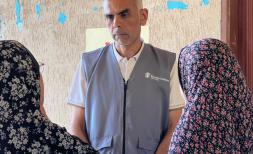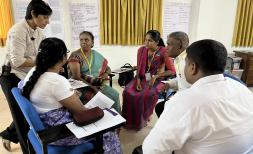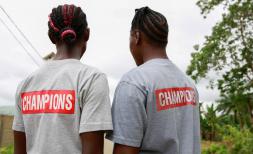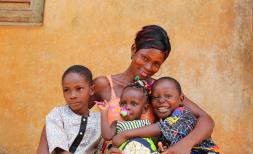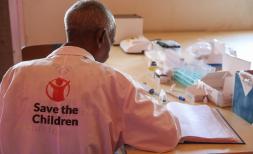Banning FGM in Gambia: A great victory for girls
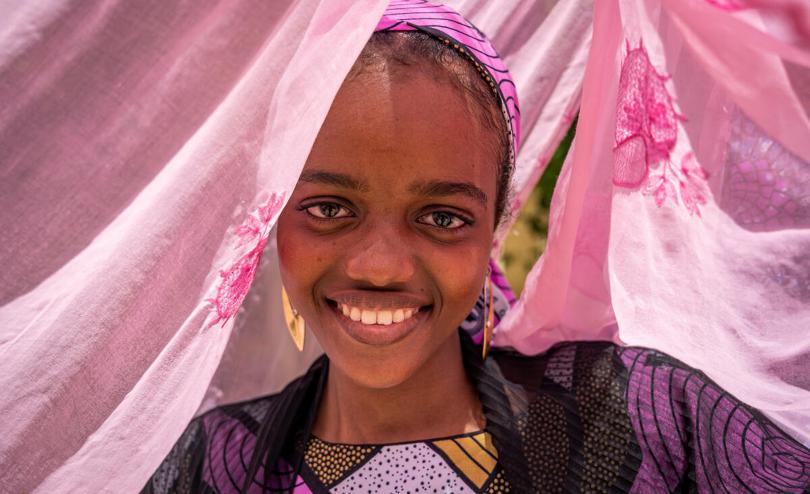
Zaynab* is a Girl Champion for Save the Children Nigeria and has taken part to global, regional, and national level events speaking up on issues around girls. Etinosa Yvonne / Save the Children
In November 2015, the former President Yahya Jammeh announced the banning of Female Genital Mutilation (FGM). This resulted the formulation and the Amendment of Section 32 A and B of the Women's 2010, to legally prohibit FGM and criminalize in the Gambia.
In an unprecedented turn of event, a Private Member Bill to repeal the Women's Amendment Act of 2015 was submitted in March 2024. Since then, actors have mobilized to stop the reversal of this important legal framework.
FGM is a serious violation of the rights of children, especially girls
FGM has a real negative impact on health, safety, physical integrity on girls and women and it violates the right not to be subjected to torture and cruel, inhuman or degrading treatment and, in some cases, the right to life.
According to data from the 2019-2020 DHS Demographic and Health Survey released by the Gambia Bureau of Statistics (GBoS), 89% of women and 65% of men are aware that FGM is illegal. Knowledge of the illegality of FGM increases with age. However, despite increased awareness and a change in attitudes, FGM continues in the Gambia, even though the risks would have been higher if the 2015 law were officially repealed.
Efforts in the name of children's rights
The rejection by vote of the withdrawal of this law is a testimony to the remarkable efforts of countless local civil society actors such as Child Protection Alliance (CPA), INGOs such as Save the Children and Coalitions such as Joining Forces, all driven by the effective realization of children's rights in the Gambia.
Emilie Fernandes, Country Director for Save the Children in Senegal said:
“This achievement is more than a rejection of a harmful practice against girls, it is the effective criminalization of all violations against girls' rights to education, health and well-being”.
During the period, there were lot of coordination efforts amongst CSOs and partners. The Child Protection Alliance, has been solely funded and supported by Save the Children International to embark of advocacy engagements with relevant actors, including an engagement with the National Assembly, Religious Leaders, children and communities. Presentation of a position paper to the Committee responsible for steering consultations with civil society.
Efforts to be quickly consolidated
Save the Children and its partner Child Protection Alliance (CPA) intend to consolidate this achievement at all levels so that the 2015 law against FGM continues to be a guarantee of protection for all young girls against harmful practices that threaten their physical and mental integrity.
We will do this by supporting communities, especially religious leaders, parents and families to create a safe and protective environment for all children in the Gambia through the effective implementation of the 2015 law that protects girls from FGM.
